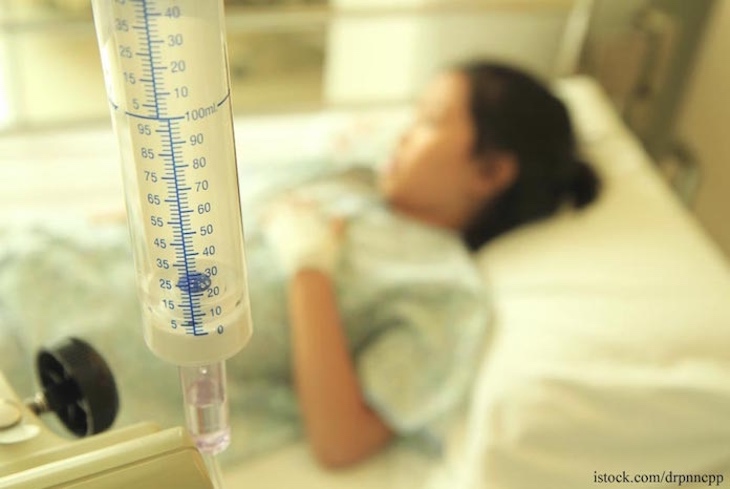Hemolytic uremic syndrome, or HUS, is one of the most serious complications of any foodborne illness infection. It is caused by misshapen red blood cells that are created when Shiga toxins produced by E. coli bacteria travel through the bloodstream to the kidneys.

The destroyed blood cells clog the glomeruli, which are tiny tubes in the kidneys. The kidneys can shut down, and some patients experience kidney failure.
One of the worst things about this complication is that most patients are children under the age of 5, who have no choice in what they are given to eat or drink.
Symptoms of HUS include little to no urine output (oligoanuria), lethargy, pale skin, a skin rash, and bleeding from the nose or mouth. If someone is experiencing these symptoms, it’s critical that they are taken to a doctor immediately. Many of these patients are hospitalized for palliative and supportive care.
Hemolytic uremic syndrome is often diagnosed by these symptoms and the timing of symptoms. An E. coli infection usually starts three to four days after exposure to the pathogen. HUS symptoms usually begin about four days after E. coli infection symptom onset.
Doctors can also conduct tests to diagnose hemolytic uremic syndrome. Blood tests can reveal if the red blood cell count is low (anemia), if platelet counts are low, or if there is a high level of creatinine, a compound that is filtered out of the blood by the kidneys. Urine tests can uncover abnormal levels of protein in the urine. And a stool sample can find Shiga toxin-producing E. coli bacteria.
There is no medication for HUS. Treatment for this complication can range from IV fluid to blood transfusions and dialysis while the kidneys recover. Doctors will monitor kidney function and electrolyte balance carefully. Some patients are fed through a catheter to ensure nutrition while the body recovers.
The good news is that with medical care, about 85% of HUS patients will recover kidney function. They may develop long term complications, such as kidney disease or hypertension. About 3 to 5% of HUS patients will die.




